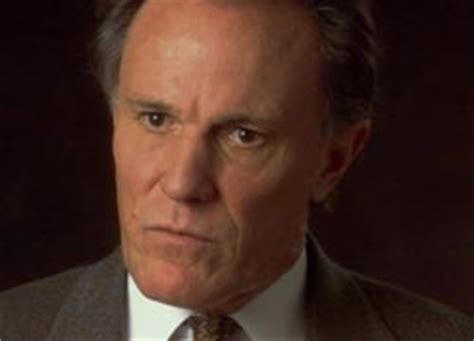A Quote by Daniel Kahneman
The dominance of conclusions over arguments is most pronounced where emotions are involved.
Related Quotes
Ordinarily logic is divided into the examination of ideas, judgments, arguments, and methods. The two latter are generally reduced to judgments, that is, arguments are reduced to apodictic judgments that such and such conclusions follow from such and such premises, and method is reduced to judgments that prescribe the procedure that should be followed in the search for truth.
What do you know about me, given that I believe in secrecy? ... If I stick where I am, if I don't travel around, like anyone else I make my inner journeys that I can only measure by my emotions, and express very obliquely and circuitously in what I write. ... Arguments from one's own privileged experience are bad and reactionary arguments.
Scientists and theologians can’t offer better than circular arguments, because there are no other kinds of arguments. Bible believers quote the Bible, and scientists quote other scientists. How do either scientists or theologians answer this question about the accuracy of their conclusions: “In reference to what?
I am well acquainted with all the arguments against freedom of thought and speech - the arguments which claim that it cannot exist, and the arguments which claim that it ought not to. I answer simply that they don't convince me and that our civilization over a period of four hundred years has been founded on the opposite notice.
Most of this film, however, is about interpretation - are these people terrorists or freedom fighters? Are they good or bad? Is cutting timber good or bad? And I don't feel like the answers to those questions are simple, so we don't try to answer them for the audience. I wanted to elicit the strongest - and most heartfelt - arguments from the characters in the film and let those arguments bang up against the strongest arguments of their opponents.
Of course it's possible for political essays to be artful. I just want to call into question the dominance of content over form in the history of the essay. I want us to recognize that there's art involved in making this stuff, because we still don't approach the constructed nature of the essay with the same appreciation that we do poetry or fiction.





































